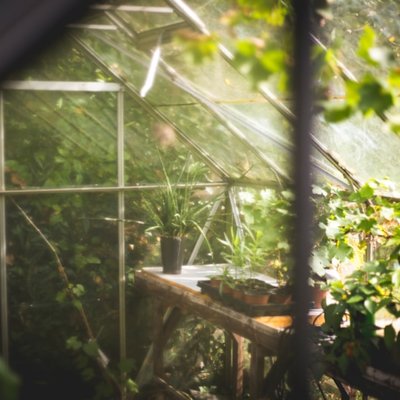Se habituó a trabajar en la oficina. | He became accustomed to working in the office. |
¿Ya se habituó aquí? | Already he got used here? |
Carlinhos era muy pobre y se habituó desde pronto a ayudar en el sustento de la casa. | Charlie was very poor and had become accustomed early on to help support his home. |
No se habitúa a la agonía, como antes no se habituó al milagro. | She cannot get used to the agony as she could not get used to the miracle before. |
La vertiente dominante de la tradición marxista nos habituó a percibir al Estado como un neto instrumento de los dominantes. | The dominant aspect of Marxist tradition accustomed us to perceiving the State as a net instrument of the elites. |
Yo no habitúo andar por aquí; he venido por casualidad. | I'm not from around here. I just came here by chance. |
Él se habituó a tener la presencia del animal cerca cuando estaba trabajando. | The man started to be aware of the animal's presence around him while he was working. |
Su pulso se habituó más rápidamente que su motricidad a una grabación con los sonidos de una planta de matanza (Spensley y otros, 1995). | Heart rate habituated to a recording of abattoir sounds more quickly than motor activity (Spensley et al., 1995). |
La exposición de cerditos a ruidos nuevos durante 20 minutos aumentó tanto su ritmo cardíaco como su actividad motriz. Su pulso se habituó más rápidamente que su motricidad a una grabación con los sonidos de una planta de matanza (Spensley y otros, 1995). | Exposing piglets to novel noises for 20 min. increases both heart rate and motor activity. Heart rate habituated to a recording of abattoir sounds more quickly than motor activity (Spensley et al., 1995). |
Así, sin que nunca lo hubiese querido, la madre se habituó a llevar los pantalones en la casa. | Thus mother, through no fault of her own, became accustomed to wearing the family trousers. |
Resultados posibles:
Palabra al azar
¡Tirar los dados y aprender una palabra nueva ahora!
¿Quieres aprender inglés?
¡Aprende inglés gratis!
Palabra del día
inglés.com es el diccionario, traductor y sitio web de aprendizaje inglés-español más popular del mundo.
El Dictionary Media Group de IXL Learning llega a más de 500,000,000 estudiantes cada año.
Copyright © 2026 Dictionary Media Group, Inc., una división de IXL Learning • Todos los derechos reservados.















